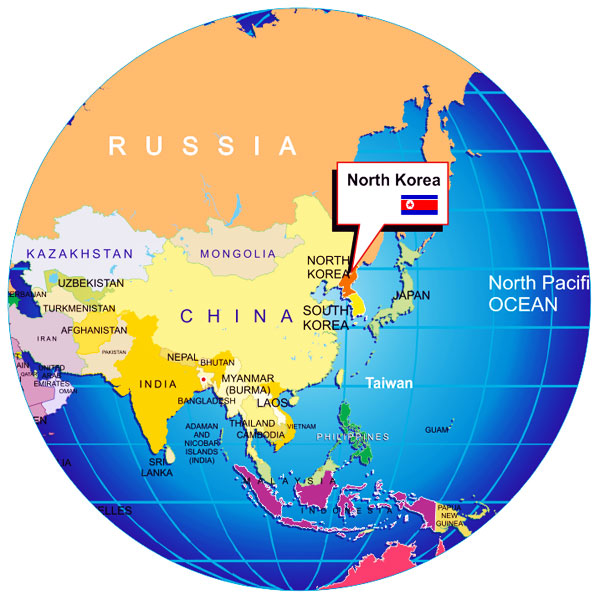by HENRY FERON
 SOURCE/Google
SOURCE/Google
Abstract: The DPRK is said to be an economist’s nightmare. There are almost no reliable statistics available, making any analysis speculative at best. The few useable figures that we have, though, fly in the face of the media’s curious insistence on a looming collapse. Food production and trade volumes indicate that the DPRK has largely recovered from the economic catastrophe of the 1990s. Indeed, Pyongyang’s reported rising budget figures appear more plausible than Seoul’s pessimistic politicized estimates. Obviously, sanctions, while damaging, have failed to nail the country down. There are signs that it is now beginning to open up and prepare to exploit its substantial mineral wealth. Could we soon be witnessing the rise of Asia’s next economic tiger?
There is hardly an economy in the world that is as little understood as the economy of the Democractic People’s Republic of Korea (aka “North Korea”). Comprehensive government statistics have not been made public since the 1960s. Even if production figures were available, the non-convertibility of the domestic currency and the distortion of commodity prices in the DPRK’s planned economy would still prevent us from computing something as basic as a GDP or GDP growth figure1. In the end, this dearth of public or useable primary data means that outside analysis is generally based more on speculation or politicized conslusions than on actual information. Unfortunately, the greater the province of speculation, the greater also the possibility of distortion, and hence of misinformation, or even disinformation.
The dominant narrative in the Western press is that the DPRK is on the verge of collapse2. What commentators lack in hard data to prove this, they often try to invent. There is no way, it is suggested, that the economy could ever recover on its own from the combined economic, financial and energy crisis that hit it in the 1990s3. And indeed, though it remains difficult to quantify the damage done by the collapse of the Soviet Union, we know that the DPRK was then suddenly confronted with the loss of important export markets and a crippling reduction of fuel and gas imports. These two factors triggered a cataclysmic chain reaction that severely dislocated the Korean economy.
